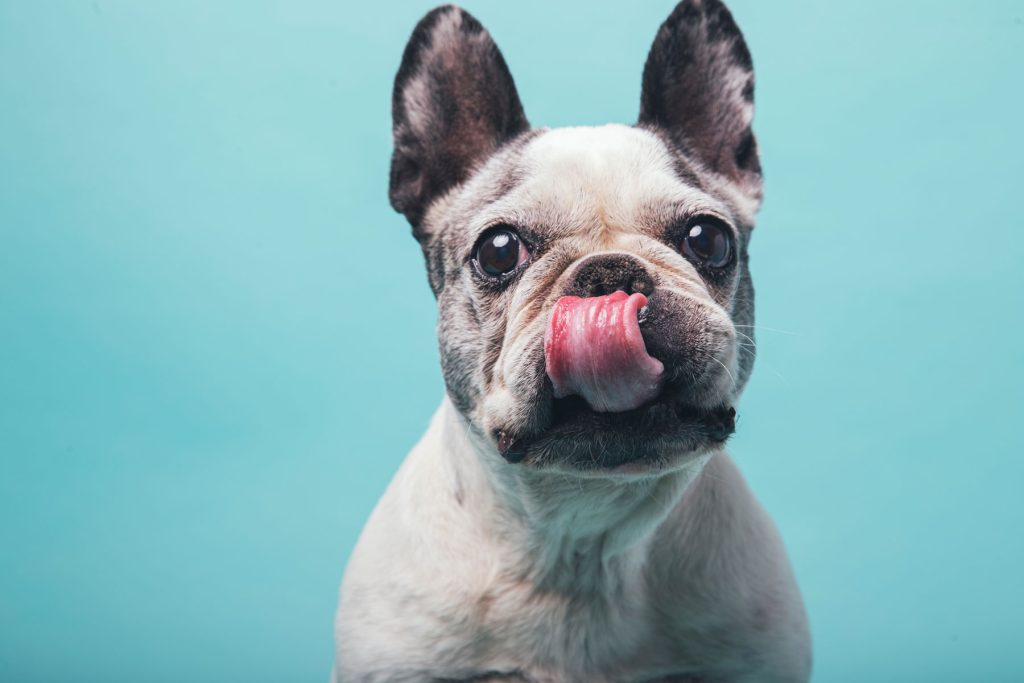
Bulldogs are known for their stocky build, short muzzle, and sweet personality. Bulldogs make great family pets because they are gentle and loving. They also need minimal exercise, which is perfect for people who don't have a lot of time to spend walking their dogs. Bulldogs do well in both indoor and outdoor environments, so you can choose what's best for your lifestyle.
When it comes to choosing a pet, many people are interested in dogs. If you're looking for a cuddly companion who will love you unconditionally, you might consider a bulldog. Bulldogs are a popular breed of dog, but before choosing one as your pet you should be aware of their shedding behavior.
Bulldogs come in a variety of colors and patterns. However, most bulldog coats are short and smooth, with some dogs having a bit more hair on their face, chest, or back. Bulldogs' skin is usually quite wrinkly, especially around the head and neck.
Most people think of bulldogs as being white with black spots, but they can also be brindle (a mix of black and brown), fawn (a light tan color), or even all black. Some bulls have very little hair at all while others look like they need a good brushing!
Bulldog coats are low-maintenance - most just need to be brushed once or twice a week to keep them clean and healthy. And although they may not be the best swimmers due to their stocky build and short legs, bulldogs love spending time outside playing in the yard or going for walks.
Many people are interested in dogs and specifically whether or not a particular breed of dog sheds. Some people may be hesitant to adopt a dog that is known to shed heavily, while others may not mind the extra vacuuming. In order to better inform those interested in Bulldogs, we’ll confirm how much Bulldogs shed and if they are considered heavy shedders.
First, it’s important to understand that all dogs shed. The amount of shedding a dog does depends on several factors, including the individual dog's genes and overall health. However, some breeds tend to shed more than others. Bulldogs are one of the breeds that typically do not fall into the category of being a heavy shedder. They do have an annual shedding period where their coat will come out in clumps, but for the most part, they only lose insignificant amounts of hair throughout the year. This means that if you are willing to brush your Bulldog regularly (at least once per week), then their shedding should not be too much of an issue for you.
Many people are under the impression that Bulldogs are hypoallergenic because of their short hair. However, this is not the case. Bulldogs are not hypoallergenic. Bulldogs produce a lot of dander, which causes most allergies. They also have a lot of skin oils, which can aggravate allergies as well. In addition, Bulldogs often have respiratory problems due to their squished faces and narrow airways. This can lead to more allergens in the air and increased allergy symptoms for those who suffer from them.
If you are considering adding a bulldog to your family, it is important to be aware that these dogs can be quite prone to allergies. Bulldogs are popular for a reason – they are adorable and make great pets. But if you or anyone in your family suffers from allergies, bulldogs may not be the best choice. So, before you bring home a bulldog puppy, make sure everyone in your household is allergy-free – otherwise, you could be facing some serious health problems down the road.
Many people are interested in dogs, specifically bulldogs. Bulldogs are a unique breed that has some specific needs and characteristics. One of these is their propensity to shed moderately. There are several factors that trigger bulldog shedding. Understanding these can help owners manage this aspect of their pet's care better and minimize the amount of hair left around the house.
The first factor that triggers shedding in bulldogs is seasonal changes. As the days grow shorter and cooler, many dogs will lose more hair as they adjust to an unfamiliar environment. Bulldogs are no exception and will generally shed more heavily in fall and winter than they do during other times of the year.
Another factor that contributes to increased shedding is hormonal changes, which occur when a female dog goes into heat or when a male dog reaches puberty. These changes cause an increase in the production of oils on the skin, which can lead to more flakes falling out onto furniture, clothes, or carpets.
A final factor that often leads to increased shedding is stress. Dogs who are anxious or fearful may start losing hair as a way to cope with what's making them stressed out. If your bulldog seems particularly prone to excessive shedding, try keeping track of any events or situations that seem to coincide with it happening and work on managing those things better.
Dealing with any kind of shedding can be a hassle, but when it comes to Bulldogs, there are a few things you can do to make the process a little bit easier.
The first step is to brush your dog regularly. This will help remove any excess hair and reduce the amount that ends up on your clothes and furniture. You may also want to consider investing in a good-quality vacuum cleaner – one that has special attachments for pet hair.
Another thing you can do is bathe your dog regularly. Not only will this keep them clean, but it will also help loosen any loose hair that’s stuck to their coat.
Finally, try not to stress out about it! Bulldogs are known for being low-shedding dogs and even if they do lose some hair during the spring and summer months, it’s nothing that can’t be managed with a little bit of effort on your part.
Despite their shedding habits, bulldogs make great pets for the right person. They're loyal and friendly animals who love spending time with their families. They're also good with children, making them an excellent choice for families with kids. If you can handle the extra cleaning that comes along with having a bulldog as a pet, they'll make an excellent addition to your home.

Pet's Better Life is part of Pristine Media, the media division of Pristine Group LLC.
Copyright 2019-2023 Pristine Group LLC. All images and media used in this website are provided by Adobe Stock. Every image is properly licensed for use on this website.